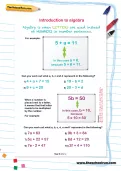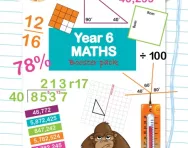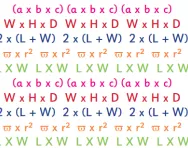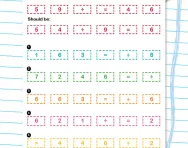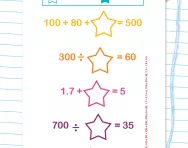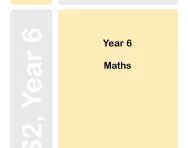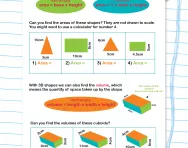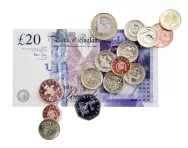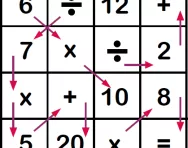Important update from TheSchoolRun
For the past 13 years, TheSchoolRun has been run by a small team of mums working from home, dedicated to providing quality educational resources to primary school parents. Unfortunately, rising supplier costs and falling revenue have made it impossible for us to continue operating, and we’ve had to make the difficult decision to close. The good news: We’ve arranged for another educational provider to take over many of our resources. These will be hosted on a new portal, where the content will be updated and expanded to support your child’s learning.
What this means for subscribers:
- Your subscription is still active, and for now, you can keep using the website as normal — just log in with your usual details to access all our articles and resources*.
- In a few months, all resources will move to the new portal. You’ll continue to have access there until your subscription ends. We’ll send you full details nearer the time.
- As a thank you for your support, we’ll also be sending you 16 primary school eBooks (worth £108.84) to download and keep.
A few changes to be aware of:
- The Learning Journey weekly email has ended, but your child’s plan will still be updated on your dashboard each Monday. Just log in to see the recommended worksheets.
- The 11+ weekly emails have now ended. We sent you all the remaining emails in the series at the end of March — please check your inbox (and spam folder) if you haven’t seen them. You can also follow the full programme here: 11+ Learning Journey.
If you have any questions, please contact us at [email protected]. Thank you for being part of our journey it’s been a privilege to support your family’s learning.
*If you need to reset your password, it will still work as usual. Please check your spam folder if the reset email doesn’t appear in your inbox.
Introduction to algebra
What is algebra?
Algebra is like solving puzzles with letters instead of just numbers. We use these letters to stand for numbers we don't know yet, and then we do maths operations to figure out what those numbers are.
Think of algebra as a tool that helps you solve puzzles involving numbers. Instead of working with specific numbers, we use letters like x, y, and z to represent unknown values. We then use rules and techniques to manipulate these symbols in equations to find out what those values are.
How is algebra taught in primary school?
In primary school, algebra is introduced gradually and typically starts with basic concepts that lay the foundation for more advanced algebraic skills in later years.
Children are introduced to the concept of variables, which are usually represented by letters such as x, y, and z. They learn that these variables can represent unknown numbers or quantities. For example, they might see simple equations like x + 3 = 7 and they need figure out what x is by creating other equations that will help (7 - 3 = 4, so replace x with 4).
Teachers sometimes use objects or visual aids to help children understand algebra. For instance, they might use blocks or pictures to represent variables and numbers in equations. This hands-on approach helps children grasp the idea of representing unknown quantities symbolically.
How will this introduction to algebra worksheet help my child?
This colourful algebra worksheet, created by an experienced educator, provides clear explanations and examples with plenty of opportunity for your child to practice what they've learned and consolidate their algebra knowledge – building their confidence and helping them succeed in the classroom.
For more practice and to build on existing skills, try our Simple algebra problems worksheet or our Using simple algebra tutorial.
